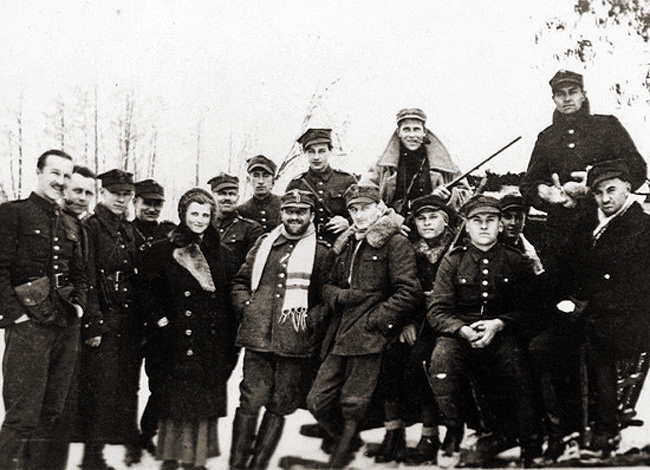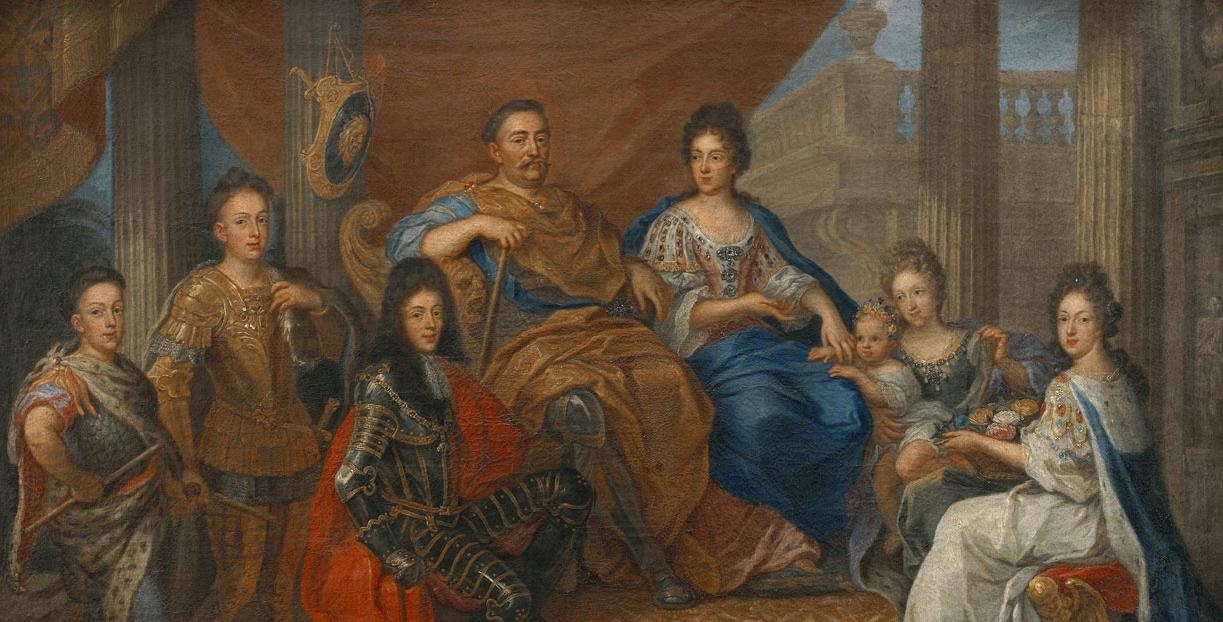Appeal of the 1st National Congress of Delegates of Solidarity to the working people of Eastern Europe
A wave of strikes washed through Poland in the summer of 1980. Among others, their participants demanded the establishment of labour unions independent of the communist authorities. The protest, which affected thousands of work places, forced the communist party to concessions and to sign an agreement with the workers, including the strongest of their organisations,…




